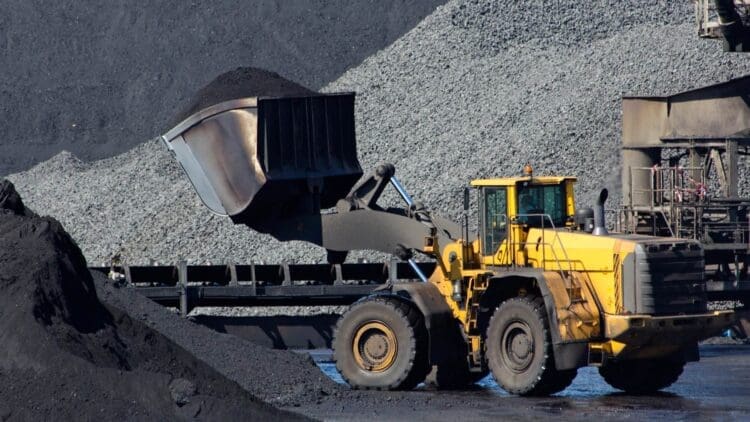The Port of Rotterdam is vital to the Netherlands’ trade and energy sectors. For generations, the port has been a crucial landmark for the Dutch nation and has played an important role in its economy. However, a lack of investment has led to a significant decline in the throughput for the port, which will inevitably have an effect down the line. The Netherlands is one of the largest exporters in the world, especially in the agricultural sector. Worryingly, the port has reported a sharp decline for all major sectors making use of the Port of Rotterdam.
The Port of Rotterdam plays a vital role in a variety of sectors in the global supply chain
The nation of the Netherlands is a major transit hub for Europe and plays a crucial role in the transportation of goods around the continent. So one would expect the port to experience an increase in traffic as the European nations make use of the famous port. Unfortunately, that has not been the case as of late, and the port has seen a sharp decline in traffic for the year.
Challenging economic conditions have led to a significant drop in traffic passing through the region. The Dutch government has been aware of the issues facing the Port and has taken measures to level the playing field; however, additional measures are necessary in order to bring the port back to full strength. The port’s CEO underscored the problems facing the mighty Port of Rotterdam.
“In recent months, we as a port have been confronted with economic uncertainties, lagging investments, and disruptions in supply chains. In these turbulent times, as a port, we must ensure that the security of supply of energy, food, and other essential materials in Europe remains guaranteed. It is also very important that industry in the port remains competitive so as not to weaken Europe’s strategic autonomy.” – Boudewijn Siemons, CEO of Port of Rotterdam Authority
The port saw a decrease in traffic across several sectors, that are a result of a lack of investment
The concern would be that due to poor economic conditions, which are not limited to the Netherlands, have led to a decrease in traffic. These concerns have been confirmed by the closure of several chemical companies, which has led to significant job losses. Overall, cargo passing through the port decreased by a staggering 4.1% this year.
Several sectors saw their numbers drop significantly during the first half of this year. Iron ore and scrap fell by 12.2%, which is linked to lower production in the German steel industry. Due to lower supplies of coking coal, which is used in blast furnaces for steel production, Coal saw a massive 21.1% drop this year. The ongoing economic uncertainty and trade restrictions have had a significant effect on the traffic passing through the port. The American coal sector has also experienced a drop in rail traffic, pointing to a larger and more concerning trend.
Despite the drop in several sectors, the Port of Rotterdam will remain a crucial transit hub for the Netherlands
The Port of Rotterdam is nearly 750 years old. Evolving from a quaint fishing town to the bustling transit hub that it is today. As such, the port will continue to play a vital role in the nation’s energy sector as the essential coal passes through the region. Climate change may play a role in the success or failure of the port, as it has forced officials in the United States to implement measures to deal with exceptionally low water levels. Regardless of the current state of affairs, the Port of Rotterdam will continue to play a crucial role in the global supply chain across several sectors.





